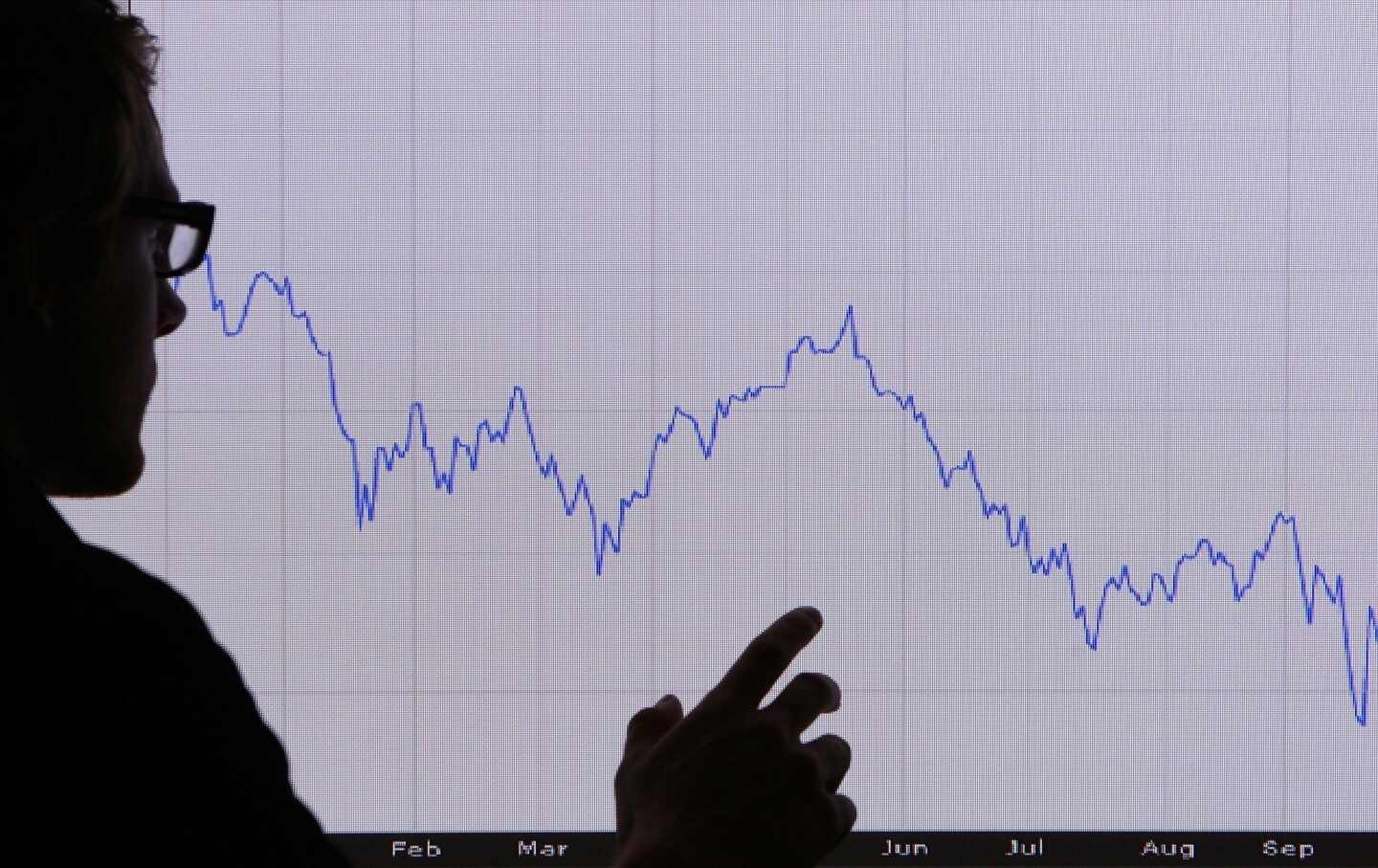Farewell to Freakonomics
On this episode of The Time of Monsters, Marshall Steinbaum on economics as a toxic discipline.

Here's where to find podcasts from The Nation. Political talk without the boring parts, featuring the writers, activists and artists who shape the news, from a progressive perspective.
On this episode of The Time of Monsters, Marshall Steinbaum on economics as a toxic discipline.
Advertising Inquiries: https://redcircle.com/brands
Privacy & Opt-Out: https://redcircle.com/privacy

Steven D. Levitt, best known for cowriting the best-selling 2005 book Freakonomics, is retiring from the University of Chicago with a bang. On the Capitalism and Freedom podcast, Levitt gave a farewell interview where he detailed many internecine feuds in the discipline and examples of toxic abuse, with particular focus on his long-time colleague and nemesis James Heckman.
The economist Marshall Steinbaum, a University of Chicago graduate who now teaches at the University of Utah, returns to The Time of Monsters to elucidate not just the Levitt/Heckman spat but also the question of why economics is a notoriously toxic discipline, how economics has changed over the decade,s rendering both Levitt and Heckman anachronistic, and the recent backlash against anti-racist politics in the discipline.
To supplement the article, listeners can read: Noah Scheiber’s 2007 article on the intellectual origins of Freakonomics, Marshall Steinbaum’s 2020 post about racism in the University of Chicago economic department, and a recent Bloomberg story on racism and sexism in economics.

Here's where to find podcasts from The Nation. Political talk without the boring parts, featuring the writers, activists and artists who shape the news, from a progressive perspective.
Even as he imposes authoritarianism on the United States, Donald Trump has given a new lease on life to the center left in many other countries. Canada is holding an election at the end of April under the shadow of the American presidents threat to turn it into the 51st state. Until Trump’s inauguration, the Conservative Party of Canada had a commanding lead. But voters are changing their minds fast and it now looks like the Liberal Party under new leader Mark Carney will win the election.
To talk about the quick revolution in Canadian politics I spoke to Luke Savage, a widely published journalist and substracker. We take up not just Canada’s likely rejection of Trumpism but also the question of whether Carney’s technocratic centrism really offers an alternative. If there is to be a new Canadian nationalism, will it have more substance than Carney offers?
Advertising Inquiries: https://redcircle.com/brands
Privacy & Opt-Out: https://redcircle.com/privacy
Subscribe to The Nation to Support all of our podcasts
Hold the powerful to account by supporting The Nation
The chaos and cruelty of the Trump administration reaches new lows each week.
Trump’s catastrophic “Liberation Day” has wreaked havoc on the world economy and set up yet another constitutional crisis at home. Plainclothes officers continue to abduct university students off the streets. So-called “enemy aliens” are flown abroad to a mega prison against the orders of the courts. And Signalgate promises to be the first of many incompetence scandals that expose the brutal violence at the core of the American empire.
At a time when elite universities, powerful law firms, and influential media outlets are capitulating to Trump’s intimidation, The Nation is more determined than ever before to hold the powerful to account.
In just the last month, we’ve published reporting on how Trump outsources his mass deportation agenda to other countries, exposed the administration’s appeal to obscure laws to carry out its repressive agenda, and amplified the voices of brave student activists targeted by universities.
We also continue to tell the stories of those who fight back against Trump and Musk, whether on the streets in growing protest movements, in town halls across the country, or in critical state elections—like Wisconsin’s recent state Supreme Court race—that provide a model for resisting Trumpism and prove that Musk can’t buy our democracy.
This is the journalism that matters in 2025. But we can’t do this without you. As a reader-supported publication, we rely on the support of generous donors. Please, help make our essential independent journalism possible with a donation today.
In solidarity,
The Editors
The Nation
